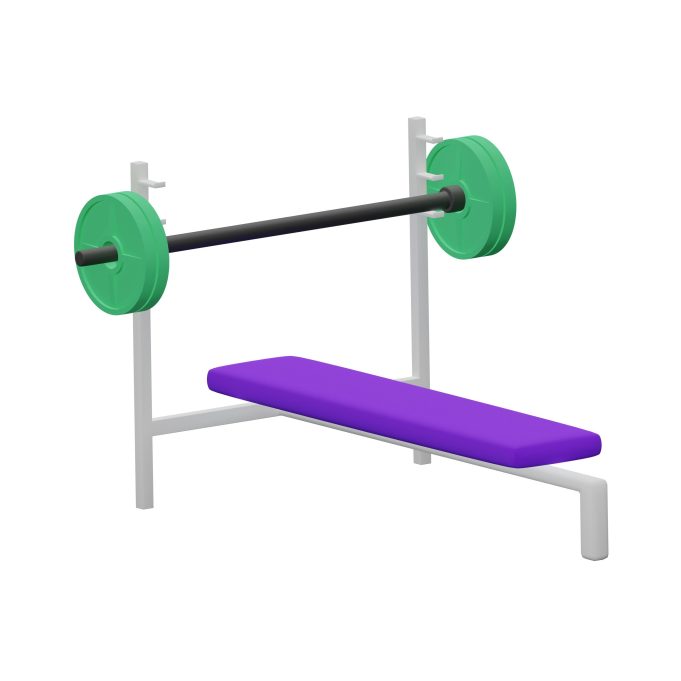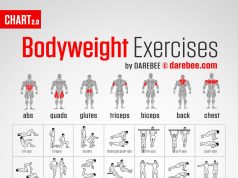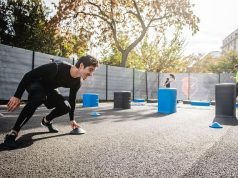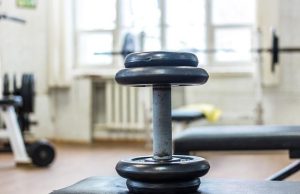In the world of fitness, where gleaming protein powder jars line store shelves like trophies, the quest for muscle-building often seems inseparable from the promise of these powdered potions. Yet, amidst the clamor for the latest supplement, a question emerges from the clang of dumbbells and the hum of treadmills: can you build muscle without relying on protein supplements? This inquiry invites us to step away from the conventional wisdom that ties muscle growth to scoops and shakes, and instead, explore the untapped potential of natural nutrition and disciplined training. As we delve into this topic, we seek to unravel the science, dispel myths, and offer insights into how nature’s bounty and human determination might forge a path to strength and growth, independent of the supplement aisle.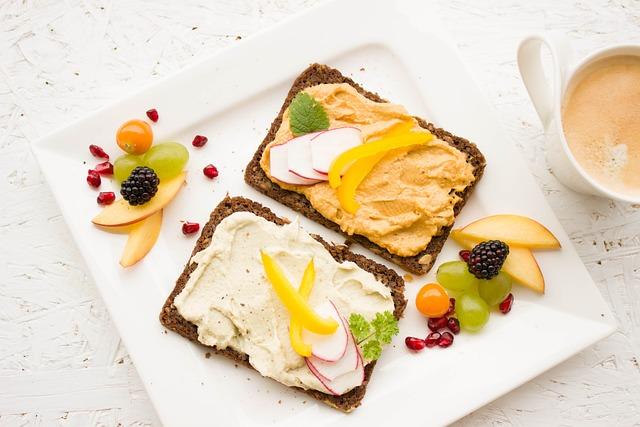
Fueling Growth Naturally the Power of Whole Foods
Building muscle without the aid of protein supplements is not only possible but can also be incredibly rewarding. Embracing whole foods as your primary source of nutrition allows you to fuel your body with a diverse range of nutrients that supplements might lack. Whole foods are naturally rich in proteins, essential amino acids, and other vital nutrients that contribute to muscle growth and overall health. Consider incorporating a variety of these foods into your diet:
- Lean Meats: Chicken, turkey, and beef are excellent sources of protein that provide the necessary building blocks for muscle growth.
- Legumes: Beans, lentils, and chickpeas are plant-based powerhouses that offer a protein-rich alternative to meat.
- Whole Grains: Quinoa, brown rice, and oats not only supply protein but also deliver complex carbohydrates for sustained energy.
- Nuts and Seeds: Almonds, chia seeds, and flaxseeds are packed with protein and healthy fats that support muscle repair and growth.
- Dairy: Greek yogurt and cottage cheese are excellent sources of protein, calcium, and probiotics.
By focusing on whole foods, you ensure a more balanced intake of nutrients, which can lead to improved digestion, better energy levels, and enhanced muscle recovery. Additionally, the variety and flavors of whole foods can make your meals more enjoyable and satisfying. This approach not only helps you build muscle but also fosters a sustainable and healthy lifestyle.
Unlocking the Secrets of Muscle-Building Diets
Building muscle without the crutch of protein supplements might sound like a Herculean task, but it is entirely achievable with the right dietary choices. The key lies in embracing a balanced diet rich in whole foods that naturally provide the necessary nutrients to fuel muscle growth. Here are some powerful protein sources that can be seamlessly integrated into your meals:
- Lean meats: Chicken, turkey, and lean cuts of beef are not only high in protein but also packed with essential amino acids.
- Fish: Salmon, tuna, and mackerel offer a bounty of protein along with heart-healthy omega-3 fatty acids.
- Eggs: A versatile and complete protein source, eggs can be prepared in countless ways to keep your meals interesting.
- Dairy products: Greek yogurt, cottage cheese, and milk provide protein along with calcium for bone health.
- Plant-based options: Lentils, chickpeas, quinoa, and tofu are excellent sources for those following a vegetarian or vegan lifestyle.
In addition to choosing the right foods, paying attention to your overall caloric intake and meal timing can further enhance your muscle-building efforts. Consuming a variety of these nutrient-dense foods throughout the day ensures that your body receives a steady supply of the amino acids necessary for muscle repair and growth, all without relying on supplements.
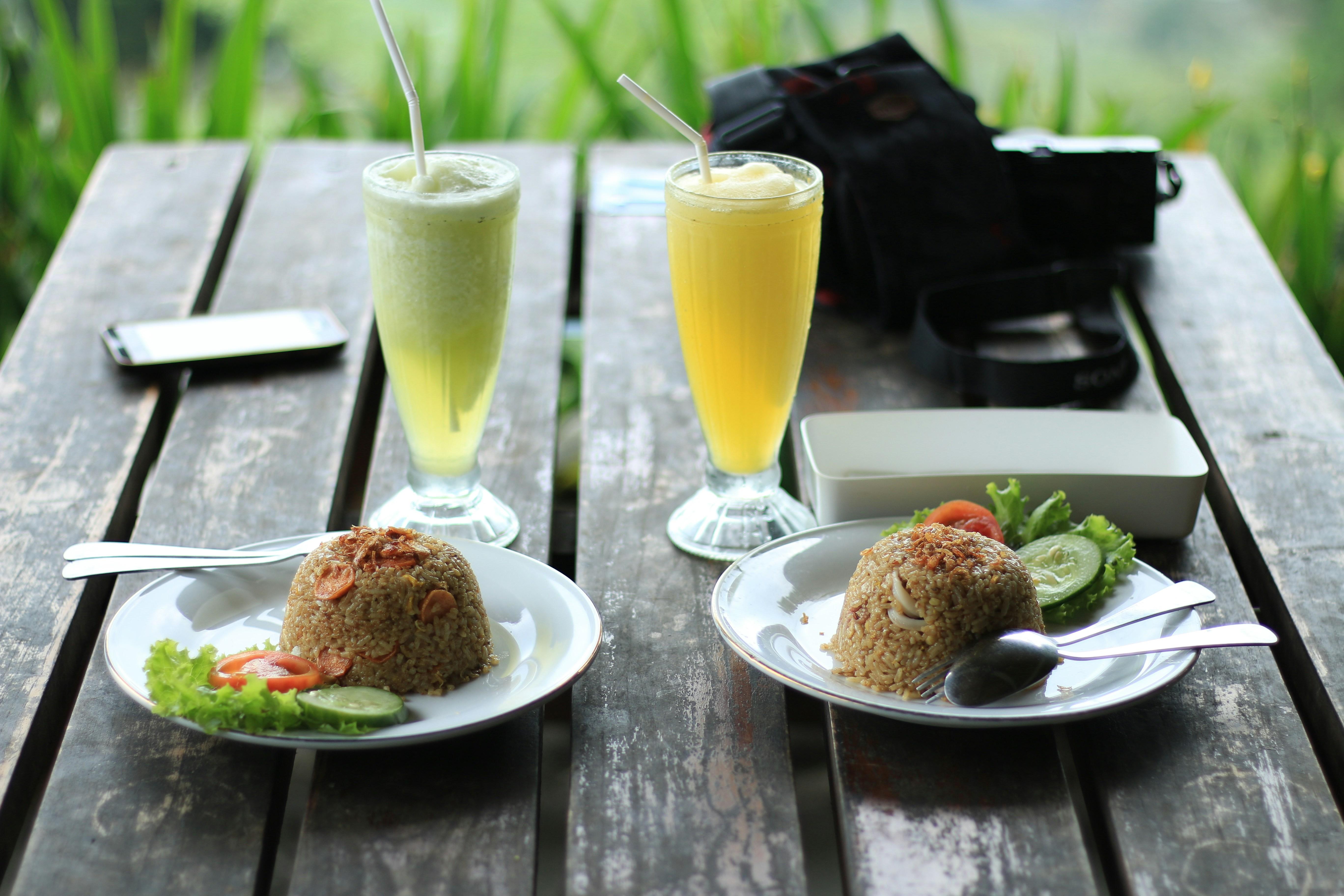
Crafting a Protein-Rich Meal Plan Without Powders
Building muscle doesn’t necessitate the use of protein supplements; instead, you can turn to a variety of whole foods to meet your dietary needs. Crafting a meal plan that is rich in protein without relying on powders can be both satisfying and nutritious. Begin by focusing on lean meats such as chicken breast, turkey, and lean cuts of beef, which are excellent sources of high-quality protein. Don’t overlook the power of seafood; salmon, tuna, and shrimp are not only protein-packed but also rich in healthy fats and essential nutrients.
For those who prefer plant-based options, legumes and pulses such as lentils, chickpeas, and black beans offer substantial protein content. Incorporate quinoa and amaranth as your grains of choice, as they provide a complete protein profile. Nuts and seeds like almonds, chia seeds, and hemp seeds can be sprinkled over salads or blended into smoothies for an added protein boost. Lastly, dairy products such as Greek yogurt and cottage cheese can be deliciously versatile additions to your meal plan, providing not only protein but also calcium and probiotics.

Expert Tips for Maximizing Gains Through Nutrition
To unlock the full potential of your muscle-building journey, consider incorporating whole foods rich in essential nutrients. Lean meats like chicken and turkey provide a robust source of protein, while fish offers not only protein but also beneficial omega-3 fatty acids. For those embracing a plant-based lifestyle, lentils, chickpeas, and quinoa are excellent alternatives, delivering ample protein along with fiber and other essential nutrients. Don’t forget the power of eggs, which are not only versatile but packed with high-quality protein and vital amino acids.
- Embrace variety: Incorporating a wide range of protein sources ensures a diverse intake of amino acids.
- Balance your diet: Pair proteins with healthy fats and complex carbohydrates to support muscle recovery and growth.
- Stay hydrated: Water is crucial for nutrient transport and muscle function, so keep a water bottle handy throughout the day.
- Mind your meals: Regularly spaced meals with balanced macronutrients can help maintain energy levels and promote muscle repair.
By focusing on whole, nutrient-dense foods, you can effectively support muscle growth without relying on supplements. Remember, the key is consistency and balance in your dietary choices.





















